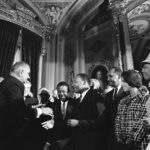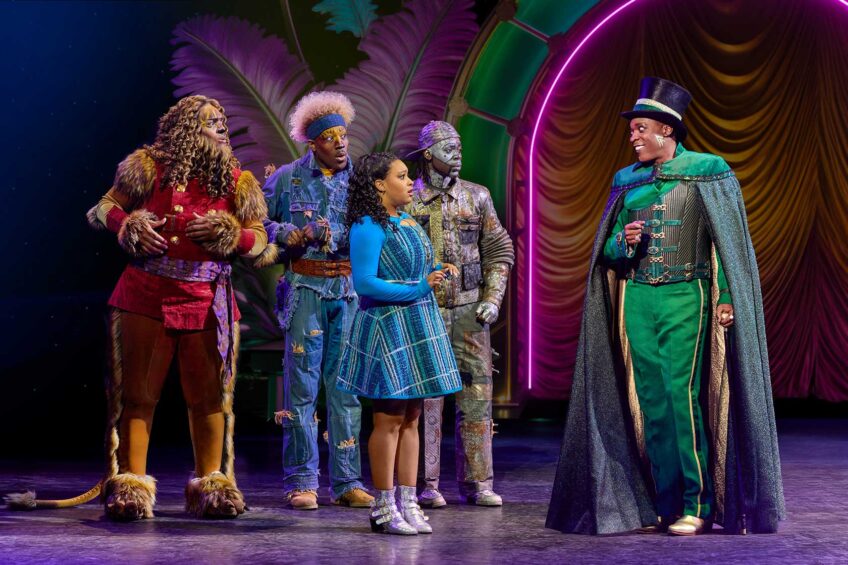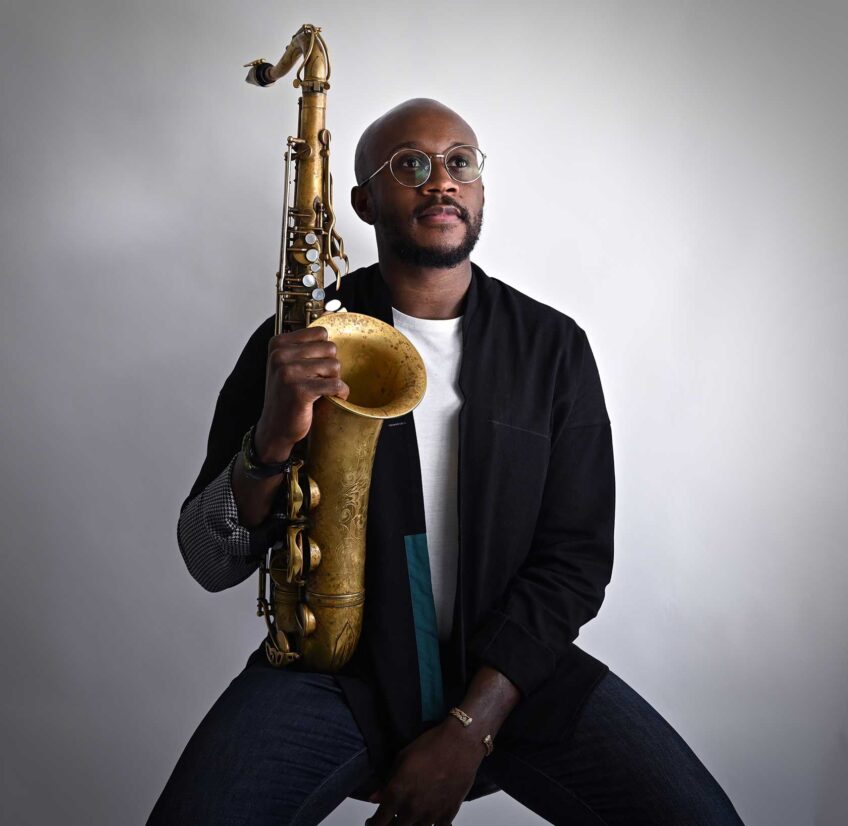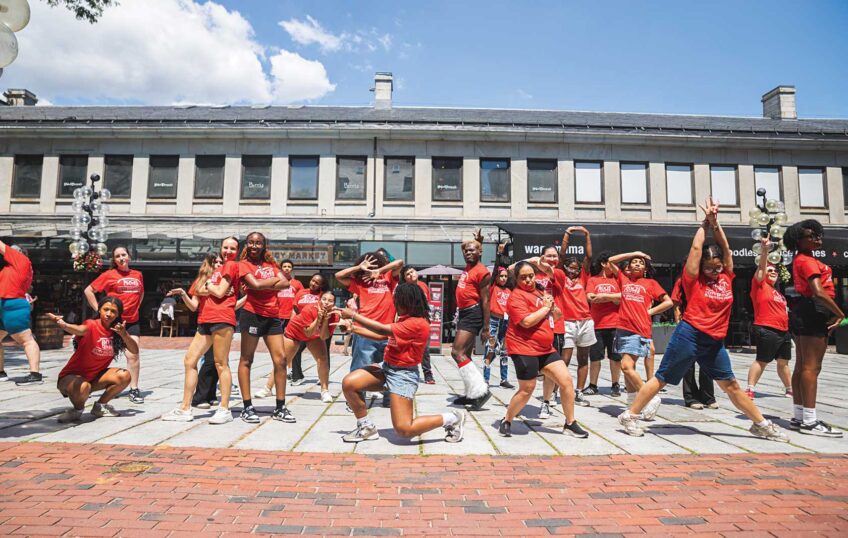Author Michael Harriot sets the record straight in ‘Black AF History: The Un-Whitewashed Story of America’
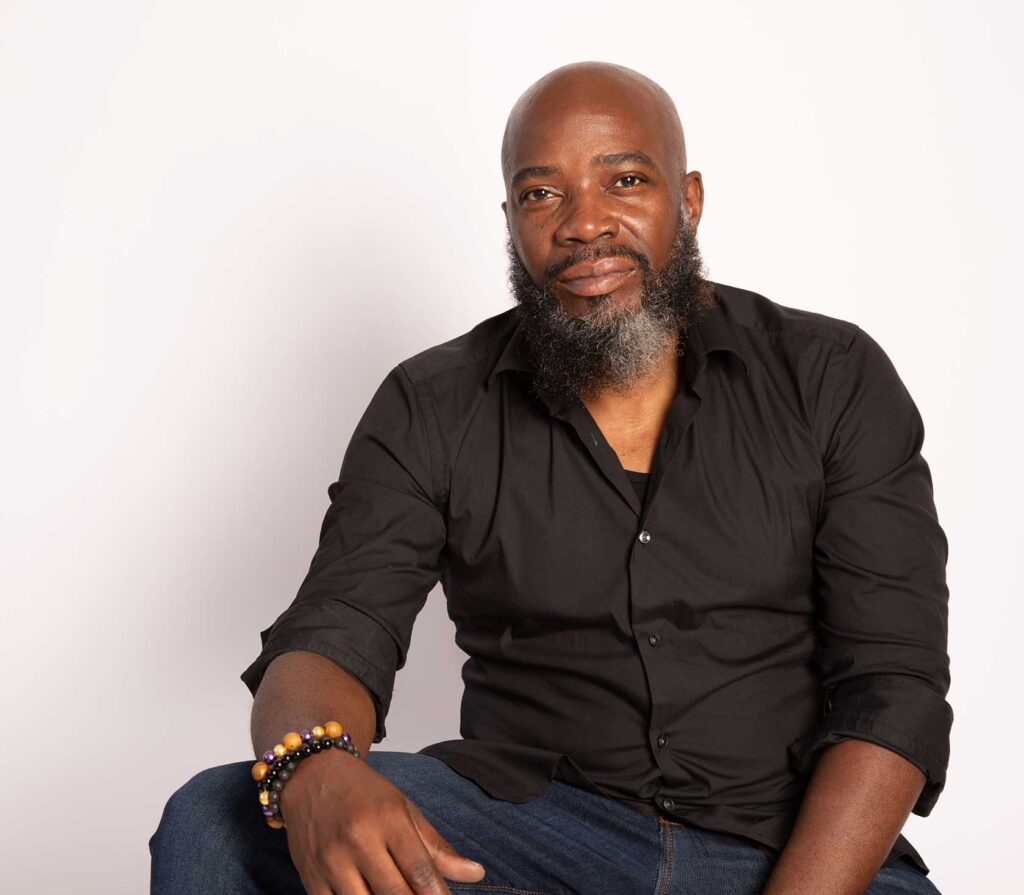
Michael Harriot, author, historian and public intellectual, has a new book, “Black AF History: The Un-Whitewashed Story of America,” that will be published on Sept. 19 with Dey Street Books, an imprint of HarperCollins.
The book is an amalgam of history, biographies, family memories, political analyses, self-reflection and cultural telescoping. There are recipes and opinions on the differences between soul food and southern cooking. Deadly funny in parts, it can readily provoke readers to laugh out loud and then wonder why they’re laughing. The work’s intentionally fragmented style is a reflection of the duality and duplicity of daily life in Black America.

Cover of Michael Harriot’s book “Black AF History: The Un-Whitewashed Story of America.” COURTESY PHOTO
Harriot, who was born and raised in South Carolina, has written a book that addresses false narratives. By bringing forward the truth of his observations, which are rooted in community, he achieves an ironic originality. The Banner spoke to him from his home in Georgia.
You write with great irony and sardonic humor about tragic events. Say more about that approach or strategy.
It’s a couple of things. First of all, that’s how Black people interact with the world. In the face of tragedy and oppression, we make it funny. I think of writers like Paul Beatty, Chester Himes, and also Mark Twain, with whom I had affinity as a child. Not just to make people laugh, but to engage the audience on matters that are repulsive and traumatic. Then, too, I’m a big student of stand-up comics who get to say whatever they want: the unadulterated truth. The funniest thing is the unvarnished truth.
The book made me think of Ralph Ellison’s “Invisible Man” because of its humor and fragmented narrative.
“Invisible Man” has always been, and Black writers, in general, inspiration to me. Ralph Ellison and James Baldwin, for example, created works of art and were social commentators. Their books were born out of the condition of being Black in America. It goes to how Black people interact with this country. The experience produces fragmentation.
Please tell readers about your background as a historian. How did you deal with the whitewashing of history as a student of history?
What helped me as a writer and reader was being home-schooled before going to public school and college. So by the time I was no longer home-schooled, I had learned about Black history in our home. How do you comport this mystery of America with the truth? The two things can exist simultaneously. Thomas Jefferson and James Madison, for example, were brilliant men who came up with a different kind of democracy and government; and they were white supremacists. The white supremacy part is obscured by the historical narrative. The myth is the foundation.
Three of my favorite lines in your book: “Black history begins every year on February 1st; If you’re over seven and you still eat chicken legs you need to grow up; and, if the South had won, there would be no Outkast.” Do you have lines that you wrote
that you favor?
I just finished recording the audio book. Reading back over the lines I had forgotten, it was as if someone else had written them. Here’s a favorite line: “When you talk about Du Bois and Booker T. Washington, both had the same goal: to be free.” And the section I wrote about cooking perlo, comparing that to cooking chicken bog.
Earth Wind and Fire, the Mississippi Mass Choir — Are there other musical groups, that you want to bring to readers’ attention?
Sister Rosetta Tharpe. Then, too, the chapter on the Black church. Music and art are so all-encompassing.
Your writing is sort of a huge ‘Who you gonna believe: me or your own eyes?’ How can readers penetrate to the true narratives when the false narratives are perpetrated day in
and day out?
It’s important not to say: “This is the truth; they’re telling you lies.” The undergird of the book is rather: Why they told you! The lie is a version of the truth. No history is objective. What I try to say in my book is that this is a version of history having lived and experienced being Black in America.
Orwell wrote: “Those who control the present, control the past and those who control the past control the future.” I think your book is essential in that reframing.
What it is, who it’s for, is for people who know that something is missing in the way history is taught: “Why are all the white people good? Why isn’t anyone who looks like me in that book?” The book connects the dots, in ways that make history relevant to the reader, contextualizing modern day traumas to the past.


